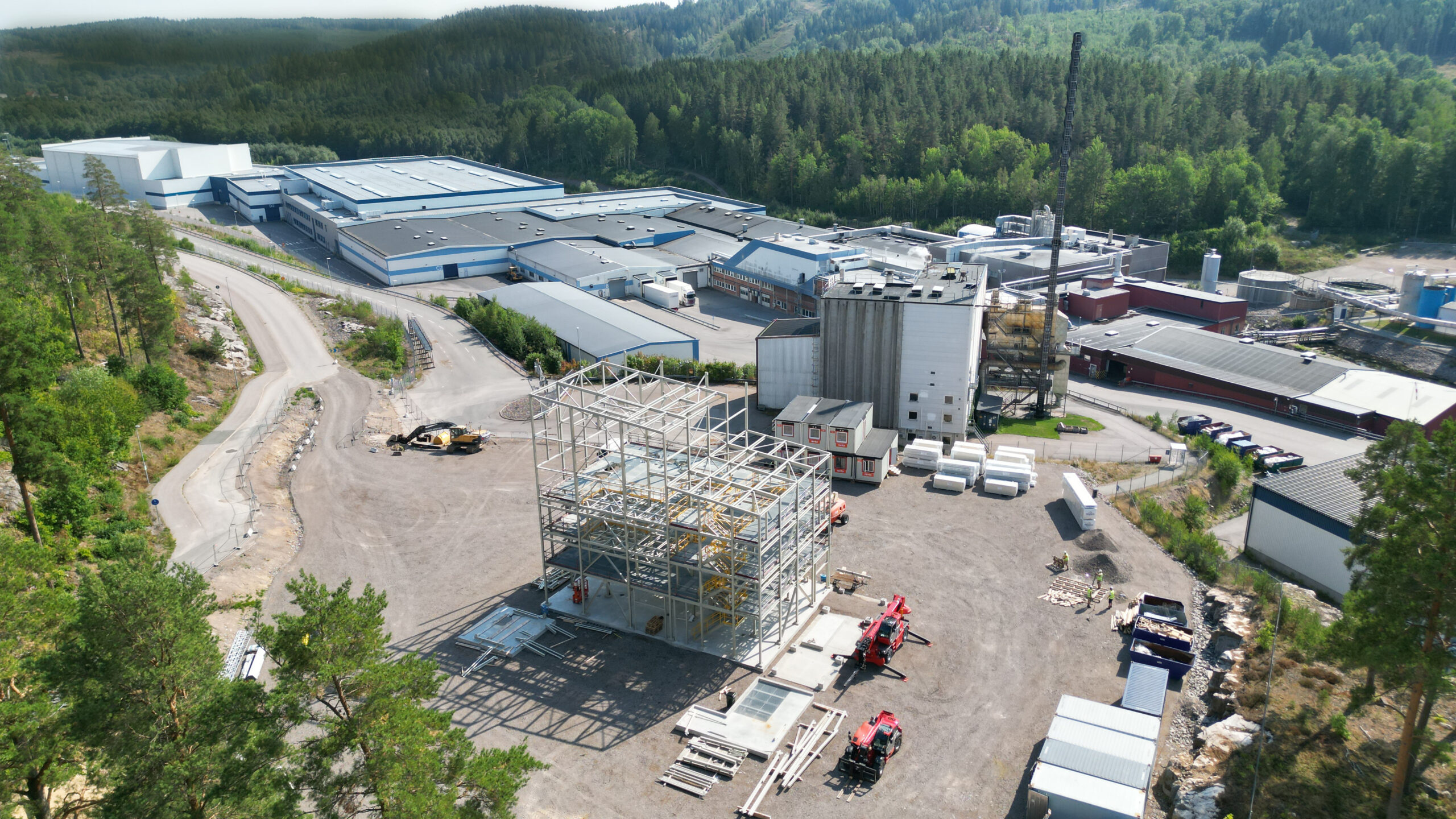Green tissue production,
10,000
Tons CO2 reduction
4.5MW
Renewable gas capacity
2023
Startup
Renewable gas for tissue drying hoods
The existing drying system at Sofidel, including the combustion chambers will be kept, only the burners will be changed to multifuel burners to enable seamless switching between the existing gas solution to the lower calorific renewable syngas. Thereby, a full redundancy is enabled. The continuous and stable character of the process ensures that the gas supply exhibits extremely small level of variation. The decentralized principle of on-site generation in combination with not having to refine the gas to pure methane is the basis for reaching a high conversion efficiency as well as realizing high levels of CO2 emission reductions. Based on this, the Meva Energy technology can realize more substantial cuts of CO2 emissions than conventional types of biofuel.

Europe’s second largest producer of tissue paper
The Sofidel Group is one of the leading manufacturers of paper for hygienic and domestic use worldwide. Established in 1966, the Group has subsidiaries in 13 countries – Italy, Spain, the UK, Ireland, France, Belgium, Germany, Sweden, Poland, Hungary, Greece, Romania and the USA – with more than 6,500 employees, and a production capacity of over one million tonnes per year (1,440,000 tonnes in 2022). Sofidel’s greenhouse gas (GHG) emissions reduction targets to 2030 have been approved by the Science Based Targets initiative (SBTi) as consistent with reductions required to keep warming to well-below 2°C, in line with the goals of the Paris Agreement. The Group has also committed to Net Zero by 2050.
The development of the pioneering technology has been supported by studies carried out by Sofidel Corporate Technical Dept based in Lucca and ANDRITZ Novimpianti along with the Dept of Energy of University of Pisa (UniPi) related to utilizing low-calorific renewable gas for tissue drying.
SUMMARY
Location
Kisa, SwedenCustomer challenge
Replacing their fossil LPGSolution
Due to stability of the Meva Energy gas composition and very small variations of gas flow and pressure it is possible to replace existing fossil gases also in sensitive industrial processes, like drying of tissue paper at Sofidels mill in Kisa.Are you exploring ways to decarbonize your energy supply?
Reach out to us to discuss how our gasification technology can help lower emissions in your production. We’ll work closely with you to provide customized calculations and feasibility studies, ensuring a solution that fits your specific needs. From the initial assessment to full implementation, we’ll be there to guide and support you every step of the way.

